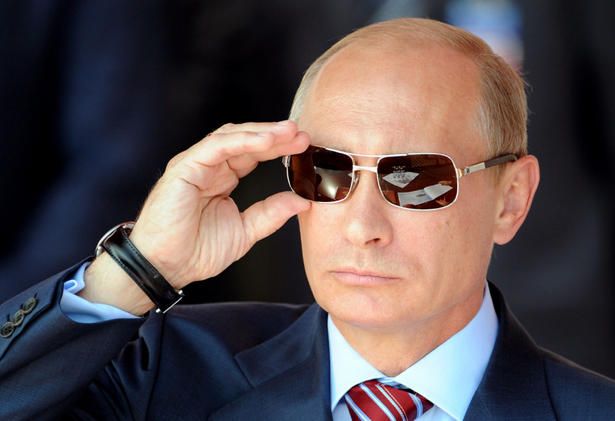It was in the bar scene in The Trouble With Tribbles. Scotty and Chekov are arguing about which is better: vodka or scotch. Scotty asks when Chekov is going off his "milk diet" and refers to vodka as "soda pop." According to Scotty, "Scotch is a drink for a man."I think Chekov mentioned Leningrad in the series, too (something about a little old lady in Leningrad?).
That's something I kind of wish the later Treks had maintained from the original series: avoiding references to 'current' Earth, avoiding the issue of which social/political systems 'won out'.
Chekov snorts, "Scotch? It vas inwented by a little old lady from Leningrad!"




